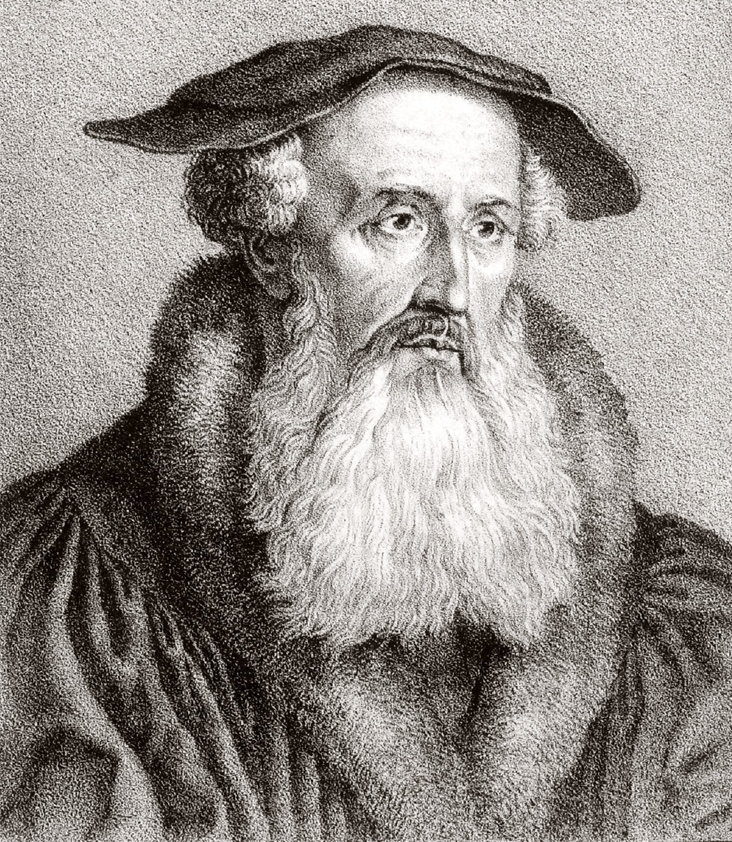
- Details
- Written by Brad Green Brad Green
- Category: Recommended Reading Recommended Reading
- Published: 30 November 2017 30 November 2017
- Hits: 3700 3700

In doing some work this morning, I re-read this by Heinrich Bullinger (1504-1575), commenting on 1 Thessalonians 4:8. The English text reads:
"Therefore, whoever disregards this, disregards not man but God, who give his Holy Spirit to you." Paul has, in 4:1, referred to what the Thessalonians had received from Paul and his co-workers, that is, teaching on: "how you ought to walk and to please God . . ." And Paul speaks in 4:1-7, in general, of our sanctification (4:3), and in particular sexual holiness.
Then Paul says: "Therefore, whoever disregards this, disregards not man but God, who give his Holy Spirit to you." Bullinger's comments are interesting, for he wants to emphasize that Christ himself is the one who is doing the teaching in the Christian church. My mind went to passages like Jeremiah 31, where the Lord through the prophet Jeremiah says: "And no longer shall each one teach his neighbor and each is brother, saying 'Know the LORD"; and 1 John 2:27: "But the anointing that you received from him abides in you, and you have no need that anyone should teach you . . ."
Here is what Bullinger says:
"For he as the only teacher and mater in the Church, teaches his disciples, that is, the Church, or congregation of the faithful, inducing them with the holy ghost, regenerating and drawing them, sanctifying and making them free from their sins. Which thing the Scripture in every place plainly teaches." (Of the Ministry and the Ministers of God)
That is, it is ultimately Christ who teaches in the Church. I am uncertain if Bullinger elsewhere links this to passages like Jeremiah 31 and 1 John 2, but it would not be surprising if he did. It is interesting that it is Bullinger who writes this, given that it was in and around Zurich you had more radical reformers, who would undoubtedly have seen in this kind of teaching something to their liking. But to muddy the waters a bit, one can also see how Rome could offer her own take on Bullinger's general thesis. Rome could say (and does say, and one finds this in Augustine), that one of the reasons for the efficacy of the (Roman Catholic) church's ministry is that it is actually Christ who is ministering to people in and through the ministry of the Church. No doubt Bullinger meant what he meant in a very different sense!
Protestants would be happy to say that Christ dwells, through the Holy Spirit, in God's people. But when one ties too closely (1) this or that act of the Church (e.g., the sacraments/ordinances) with (2) the ministry of Christ, things can get messy.